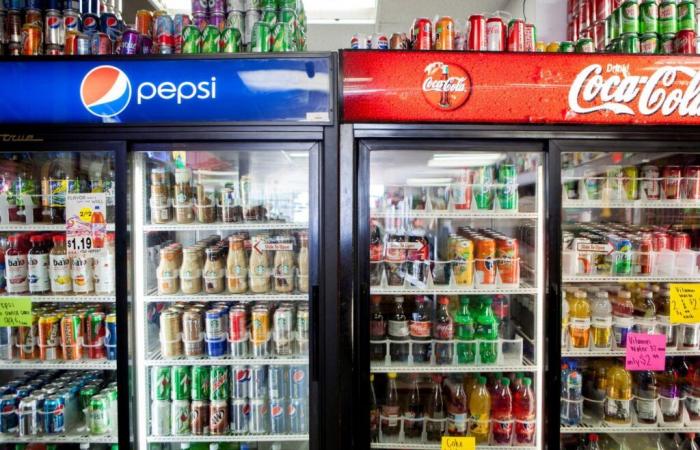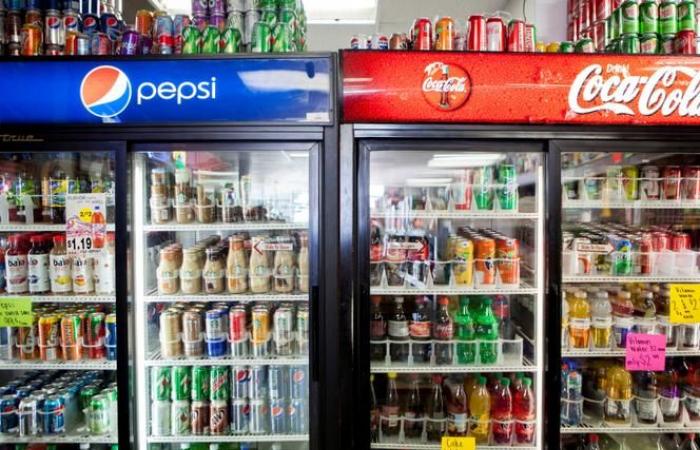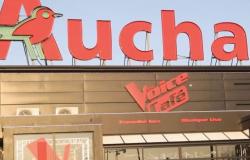The text aimed to limit the quantity of sugars in sodas. It was rejected before being drafted and finally adopted on Monday November 4 by the deputies. The latter approved on Monday November 4 a reform of the « soda tax »intended to limit the quantity of sugars in this type of drink, as part of the first reading examination of the Social Security budget.
The Social Affairs Committee requested Monday evening a second deliberation on an amendment from socialist Jérôme Guedj that the National Assembly had rejected in the morning. It was retained by 142 votes for and 100 against. The “rebels”, who had abstained on Monday morning, voted for Mr. Guedj's amendment, adding their voices to those of the rest of the left, MoDem and Horizons. The LR and Ensemble pour la République (EPR, ex-Renaissance) deputies were divided.
This amendment, sub-amended by the general rapporteur Yannick Neuder (LR), plans to reform the tax on sodas by creating three tax brackets, instead of sixteen, drawing inspiration from the British model. British tax “made it possible to reduce the proportion of drinks above the first threshold (5 grams per milliliter) by 40% and the total reduction in sugar intake would be estimated at 30 grams per household per week, an effect four times greater to French tax »develops the statement of reasons for the amendment.
Read also | Article reserved for our subscribers Diet: Britons born after the end of sugar rationing in 1953 more prone to chronic illnesses
Read later
Health Minister Geneviève Darrieussecq (MoDem) supported the amendment as did her predecessor Frédéric Valletoux (Horizons). Former Minister of Consumer Affairs and EPR MP Olivia Grégoire opposed it, highlighting a possible impact of the tax on the price paid by the consumer. The deputies also adopted an amendment from the ecologist Sabrina Sebaihi, aiming to introduce a tax on added sugars in processed food products, against the advice of the government.
Tax on prosthesis advertising
The Assembly also approved the obligation for food manufacturers to mention the nutriscore of their products in their advertising. Those who do not comply with this constraint would have to pay a « contribution » to Social Security, equal to 5% of their advertising budget.
By exception, products benefiting from an AOP, IGP, red label or other mention “mountain products” will not be affected by this obligation, in order to avoid a negative display from which most cheeses, in particular, would suffer.
Read also: Article reserved for our subscribers Fatty and sugary foods change the brain… to make us eat more of them
Read later
MEPs also voted for a tax on advertising for hearing aids (in order to discourage “excessive and misleading advertising practices” leading to “ill-suited purchases”), as well as a system aimed at lowering the cost of complementary mutual insurance for retirees, the unemployed or unemployed young people.
These votes, however, have no definitive character, the text is only just beginning its parliamentary journey, and due to the probable use by the government of article 49-3 which will allow it to retain in the final text the amendments of his choice.







